2024 - Vol.1
Global Framework for the Regulation of Artificial Intelligence - Emil Asenov
The Global Framework for the Regulation of Artificial Intelligence
Author: Emil Asenov
Abstract
The need for regulatory governance of matters related to artificial intelligence is driven by the rapid pace of technological changes resulting from its application across various sectors of the economy and society. The potential risks and challenges provide grounds for numerous international organizations and technologically advanced countries to prioritize the establishment of adequate regulatory solutions and the implementation of effective approaches to address the complex theoretical and legal issues pertaining to artificial intelligence. Within the regulatory framework structure related to the regulation of artificial intelligence, two levels can be clearly distinguished.
The first level is global and pertains to various initiatives and documents that play a crucial role in the regulatory governance of artificial intelligence, adopted by international organizations. The second level of artificial intelligence regulation pertains to national jurisdictions, particularly of technologically and industrially advanced countries.
The article examines the main decisions and documents that define the content of the global framework for regulating artificial intelligence, including various initiatives and documents adopted by international organizations such as the United Nations (UN), UNESCO, the Organization for Economic Co-operation and Development (OECD), the G7 countries, the International Organization of Securities Commissions (IOSCO), and others.
The analysis of these decisions shows that they predominantly contain norms of a declarative and recommendatory nature. However, they play an important role by setting global goals, ethical standards, organizational approaches, and applicable tools necessary for building regulatory frameworks within national jurisdictions.
JEL: F55, L51, O32, O33
Keywords
regulation, artificial intelligence, risks, international organizations
The Relationship Between Organizational Trust and Organizational Silence: A Literature Review - M. L. Slimane Tichtich, A. Khaiat, Kh. Bouchareb Bouloudani
The Relationship Between Organizational Trust and Organizational Silence: A Literature Review
Authors: M. L. Slimane Tichtich, A. Khaiat, Kh. Bouchareb Bouloudani
Abstract
This study examines the relationship between trust in colleagues, supervisors, and management, and the dimensions of organizational silence, such as defensive and deafening silence, across different sectors and regions. By analyzing data from previous studies in education, industry, and services in countries like Indonesia, South Korea, Turkey, and Afghanistan, the study provides insights into how trust affects organizational silence. Using secondary data analysis, statistical methods were employed to explore these relationships. The findings show significant disparities based on sector and geographic location. For example, a strong inverse relationship was found between trust in colleagues and defensive silence in Indonesia’s education sector, while no significant impact was observed in South Korea’s service sector. Trust in supervisors also had a notable effect on organizational silence, with variations depending on the sector. The study highlights the role of cultural and managerial differences and offers recommendations to enhance trust and reduce organizational silence.
JEL: O15, M54, L20
Keywords
organizational trust, trust in colleagues, trust in supervisor, trust in management, organizational silence
Analysis and Evaluation of the Quality of the Services Provided by BSR „Passengers“ LTD - Borislav Arnaudov
Analysis and Evaluation of the Quality of the Services Provided by BSR „Passengers“ LTD
Author: Borislav Arnaudov
Abstract
Railway transport allows people to enjoy the freedom to travel, while simultaneously creating economic growth and jobs. Its technological development is of key importance for any modern society, as it helps the achievement of social and regional cohesion. At the same time, it needs to be sustainable, considering the increased amount of resources that goes into carrying out freights and ecological restrictions. The supply of high-quality transport services in synergy with modern infrastructure is vital for highlighting the economic strengths of each individual region in the country, as well as facilitating economic and social cohesion. Effective transport services influence the competitiveness of commerce, accessibility and prices. The quality of the services provided by BSR has a strong reflection on production processes and the selection of trading partners. The purpose of the study is to analyze the primary indicators that influence the quality of the transport services that BSR provides. The factors that determine the behavior of transport service consumers when they choose their mode of transportation have been analyzed. The quality of freights carried out by the national railway carrier has been evaluated. At the end of the study the achieved results are outlined and specific recommendations pertaining to the development of railway transport in Bulgaria are made.
JEL: R42, R49
